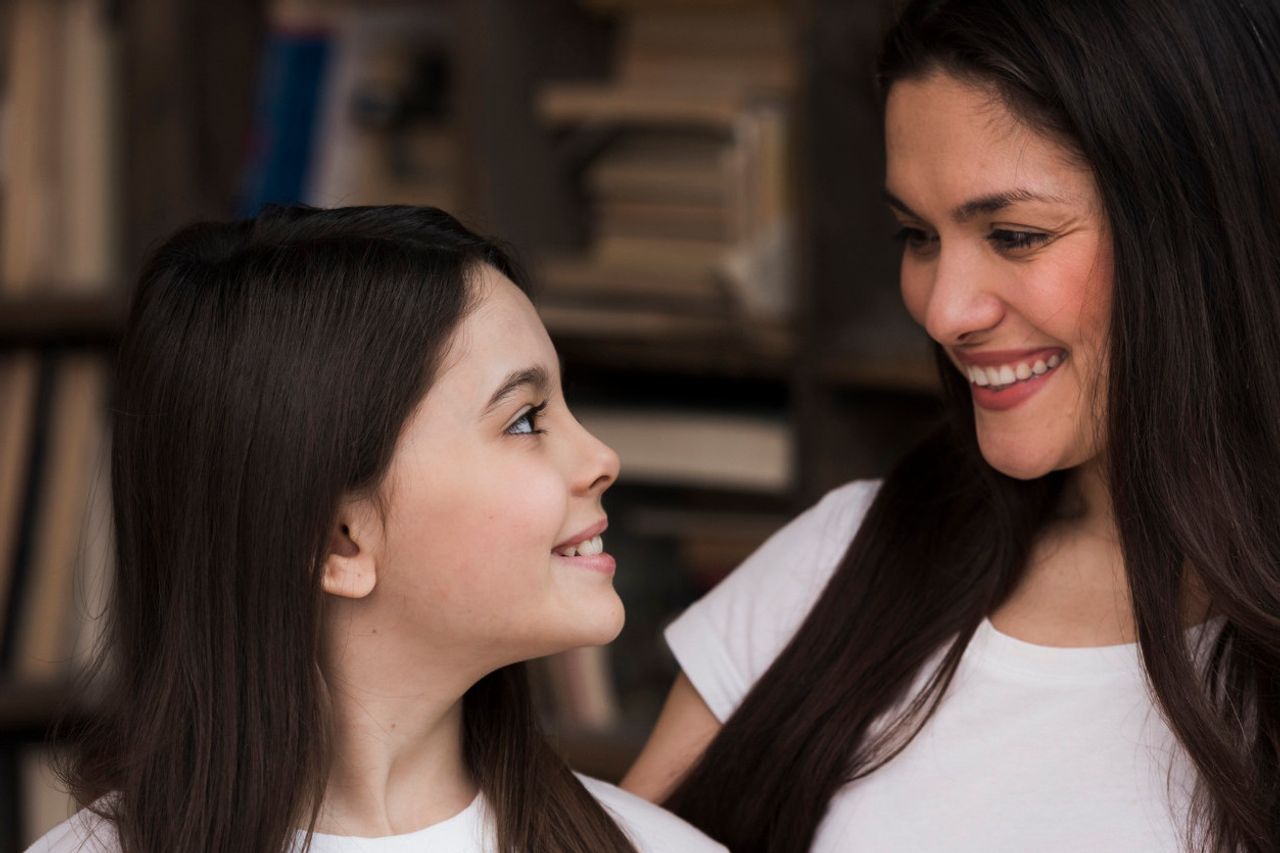When Children Enter Pubertas Period, These 5 Things Need To Be Done By Parents

YOGYAKARTA Pubertas is a time when children experience major changes. Parents also need to adapt to every child's development. So, when children enter retirement, the parents need to keep up with this transition.
Children are grieving, experiencing physical, psychological, and emotional changes. Parents need not be afraid or worried, as long as you find the best way, it will help you a lot with your baby.
Changes in maturity include physical, sexual, social, and emotional age. In girls, it is usually experienced around the age of 10 to 13 years. As for boys aged 11-14 years. However, menstruation can not be predicted because many factors influence it. Such as genetic factors, nutrition, social so that the length of the walk also varies.
It is important to know that parents, children's disabilities mostly experience acne growth due to oily skin, oily hair, increase in dryness and body odor, acceleration of growth. In girls, they experience breast development, hip widening, pubic hair growth and armpits, early menstruation, and even experience whiteness. In boys, the growth of penis and thesis, the growth of pubic hair, armpits, and face, early suffering from erectile and ejaculation, the growth of runnyons that affect the color of the sound.
Apart from being physical, emotional developments are also experienced. They experience mood swings, energy levels, independence, and the need for parental support. Children iniperation begin to explore relationships, including friendship, new experiences, and navigate unavoidable challenges. They also begin to explore sexual identity through dating and romantic relationships. They are also sensitive to appearance, privacy, responsibility, and emotional control. Here are things that parents need to do while accompanying their children in theiraccination.
The best strategy during childhood is to make them believe you are a safe person for them to believe. This is so that they can share difficult conversations without fear of being judged or humiliated. So as parents, you need to show compassion and explain that the changes they are experiencing are normal.
Pubertas is a time when body admissions become a very important handle. Launching Better Health, Thursday, May 11, children will compare their bodies with their friends, maybe they are worried about their own development, shape change, and body size. The best thing you can do is listen without judging. Show them that you understand and explain and normalize that the body has a variety of shapes and sizes.
Children have privacy, and it is natural for them to start exploring their bodies through malnourished. So make rules always type before entering the room, either their room or the parent's room. Respect their privacy needs while strengthening their relationship with them.
In addition to making rules at home related to privacy, parents also need to be an example in carrying out a healthy lifestyle. For example, by eating healthy foods, getting enough rest, avoiding staying up late for no reason, and staying active in moving or exercising regularly.
You may also feel the need to praise teenagers for their efforts, achievements, and positive behavior. Teach them how to manage emotions, such as anger. Apart from letting them know that you are willing to be a good listener. You can share your role with your partner in supporting the baby who is entering retirement.
For girls, early menstruation they need assistance. Tell them to prepare themselves, record cycles, and provide information about reproductive health. Discuss why women experience cramps during pre-menstruation, bleeding, and how to deal with complaints during the monthly cycle. If the child has not had menstruation at the age of 16-17 years, talk to your doctor.
VOIR éGALEMENT:
For boys, discuss the size of penis and reproductive health. Tell them that men need to express their feelings, such as experiencing vulnerability, having softness, and being able to shed tears. In essence, normalizing experience is the key.
In addition to accompanying children from malnutrition with the steps above, it is also necessary to know natural body knowledge. Show what the limits are and how to take care of yourself and respect others.
